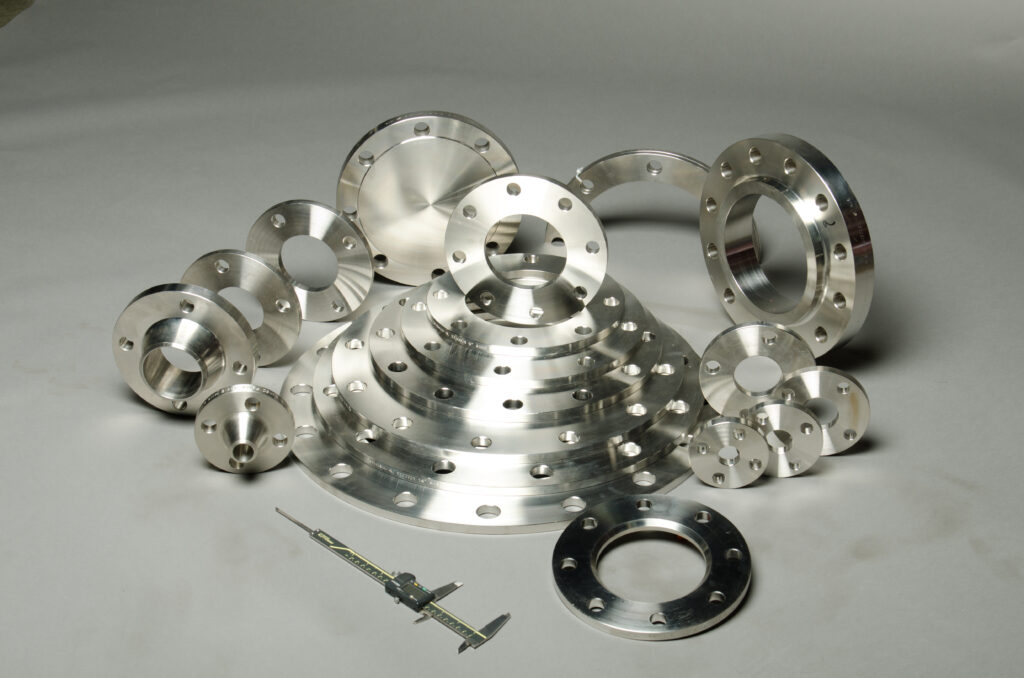
Steel flanges are vital in various industrial applications, including piping systems and equipment connections. Understanding the different steel alloys available for manufacturing flanges is crucial to ensure optimal performance and longevity. This article will provide a comprehensive guide to common steel flange materials, exploring their properties, applications, and benefits. Whether you are a professional engineer or simply curious about steel flanges, this guide will equip you with the knowledge to make a more informed purchasing decision.
- Carbon Steel Flanges: Carbon steel flanges are widely used due to their affordability, excellent mechanical properties, and compatibility with various applications. They are typically manufactured from ASTM A105 or A350 LF2 materials. Carbon steel flanges offer high tensile strength, good corrosion resistance, and resistance to thermal expansion.
- Stainless Steel Flanges: Stainless steel flanges are popular in industries requiring superior corrosion resistance and hygienic properties, such as food processing, pharmaceuticals, and chemical plants. The most common stainless steel alloys for flanges include 304/304L, 316/316L, and 317/317L. These alloys provide excellent resistance to corrosion, high temperatures, and chemicals.
- Alloy Steel Flanges: Alloy steel flanges are suitable for demanding applications that require enhanced strength, toughness, and wear resistance. Common alloy steel materials used for flange production include ASTM A182, F5, F9, F11, F22, and F91. Alloy steel flanges offer exceptional performance under high-pressure and high-temperature conditions.
- Duplex and Super Duplex Stainless Steel Flanges: Duplex and super duplex stainless steel flanges are known for their superior corrosion resistance, high strength, and exceptional resistance to stress corrosion cracking. These alloys, such as S31803/2205 and S32750/2507, are widely used in offshore oil and gas, chemical processing, and seawater applications.
- Nickel Alloys Flanges: Nickel alloys offer remarkable resistance to corrosion, heat, and various aggressive environments, making them suitable for critical applications in chemical processing, petrochemical, and power generation industries. Common nickel alloy flanges include Alloy 400 (Monel), Alloy 600 (Inconel), and Alloy 625 (Inconel). These alloys exhibit excellent mechanical properties and exceptional performance at elevated temperatures.
Choosing suitable steel flange material ensures optimal performance, longevity, and safety in industrial applications. By understanding the properties and applications of common steel flange alloys, engineers and professionals can make informed decisions based on the specific requirements of their projects. Whether the priority is corrosion resistance, high strength, or temperature resistance, there is a suitable steel flange out there that can meet your demands. API International’s experienced sales team can save you time by guiding you through the selection process and helping you select suitable alloys that will contribute to the success and reliability of piping systems, equipment, and connections for any industry.
Contact API and get connected with your dedicated account manager today!
